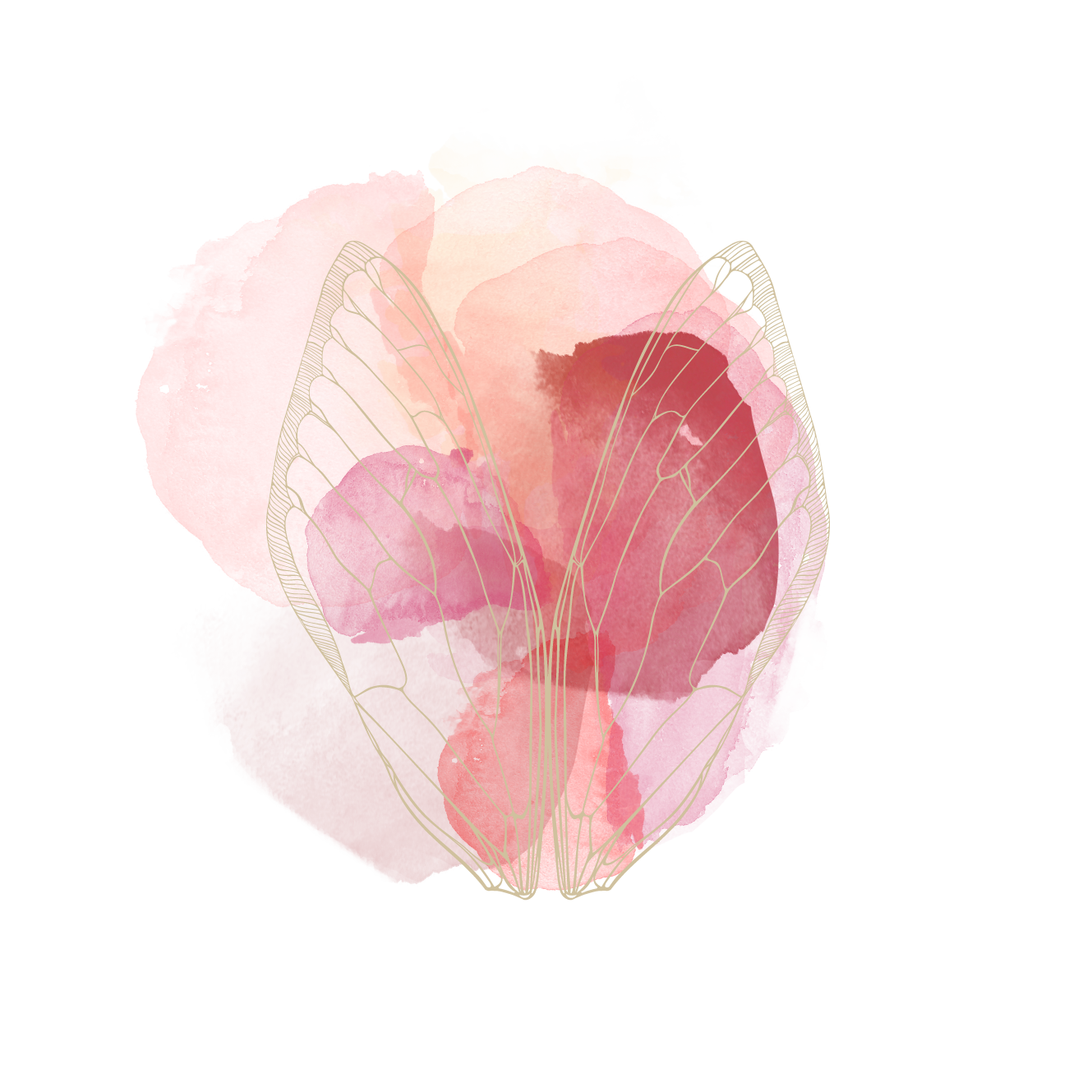It isn’t always them!
We talk a lot about protecting our energy,
especially in the context of work, relationships, leadership and burnout. But lately, I’ve been wondering: what if we’re misunderstanding what energy exchange actually is? What if it’s not only about protection, but also about reflection, of what’s trying to move within us?
I don’t know if it’s just the circles I move in, or if it’s something rising in the broader cultural current, but I keep hearing the phrase “protect your energy.” It’s become almost a spiritual soundbite, passed around like sacred wisdom. But if I’m being honest, really honest, it rarely lands for me. More often, it carries a subtle charge of separation, a kind of spiritual superiority. A distancing that suggests the problem is always out there, in the other person, in their energy, their emotional messiness, their needs.
It feels like a withdrawal from the very mirror life might be handing us, an avoidance of the uncomfortable truths we’re being invited to face about ourselves. And instead of walking towards the wound with curiosity, the phrase can become a shield. Neatly worded. Spiritually endorsed. But sometimes, deeply avoidant.
At the same time, I get it. I’ve not only said it, I’ve practised it. It was a common theme in the classroom and on calls during my energy medicine training, where we were taught to be intentional with what we absorb and allow. But even then, beneath the teachings, something about it felt off.
What I don’t hear enough about is this messier truth: that when we seek to protect our energy, we may also be building a sea of unprocessed experiences, casting what is unseen as harm, as something out to disrupt or deplete us. But what if it’s not always harm? What if it's movement, necessary interruption?
We are energetic beings. Living transmissions. Not static walls or neat borders. Think of it like air moving through a house. The windows might be closed, the door locked, but still, a draft finds its way in. Energy has its own agenda. It whispers through cracks we don’t even know are there.
Why am I talking about this?
I suppose because I had a moment today, quiet and unforced, where I could sit with an idea without needing to land it in some right-or-wrong place for anyone else. I had time, which in itself feels like a privilege. Time to wonder: what if our usual way of labelling interactions as “energising” or “draining” misses the more layered truth underneath?
What if the person we say “drained us” was actually helping release something that needed to leave our system anyway? What if the exhaustion wasn’t theirs to own, but something long-stored in us, finally moving?
And what about those who uplift us? Do we overly credit their presence as the sole source of light, instead of asking: what part of me is being invited into the light? What readiness in me is being met?
This isn’t to deny that toxicity exists. We all carry it. Otherwise, we wouldn’t need to fill up or let go of anything at all. And of course, there are interactions that take more than they give, and boundaries are essential. But I’m speaking to the subtle ones. The nuanced, day-to-day soul meetings that leave us wondering why we feel different afterwards, and in what way.
Our growth, our evolution, happens on two tracks. One is proactive, when we show up for it with intention, curiosity and effort. The other is quieter and more passive, where all the work is happening in the background while we go about our lives, catching up later to the lessons.
When we judge someone as draining, we often stop there. They took something, we say. But what if they offered us something too? An opportunity to feel our own edges, to meet our limits, to shed?
I’ve spent time in the camp of “that person exhausted me.” More recently, I’ve started asking: Was it also a gift? What part of me was tired, not because of them, but because something needed to be released, softened, mourned, transformed?
Maybe energy exchange isn’t something we can fully gatekeep.
Maybe it’s something more ancient, more elemental, like the tides. Forever moving, shaping us as much as we shape them.
And maybe, just maybe, the drain was never a depletion, but a clearing.
Maybe they were never really that boring; maybe our own restlessness was asking to be listened to.
Maybe they weren’t too needy, but something in us was being invited to explore where we’ve denied our own needs.
Maybe their overconfidence wasn’t arrogance, but a mirror to our own shrinking.
Maybe their mess wasn’t chaos, but an invitation for us to meet our discomfort around not having control.
Maybe they weren’t too intense, but simply touched a place in us that is still learning how to hold intensity with grace.
Maybe we weren’t drained because they took too much, but because something was trying to leave us, and they, unknowingly, made space for that.

